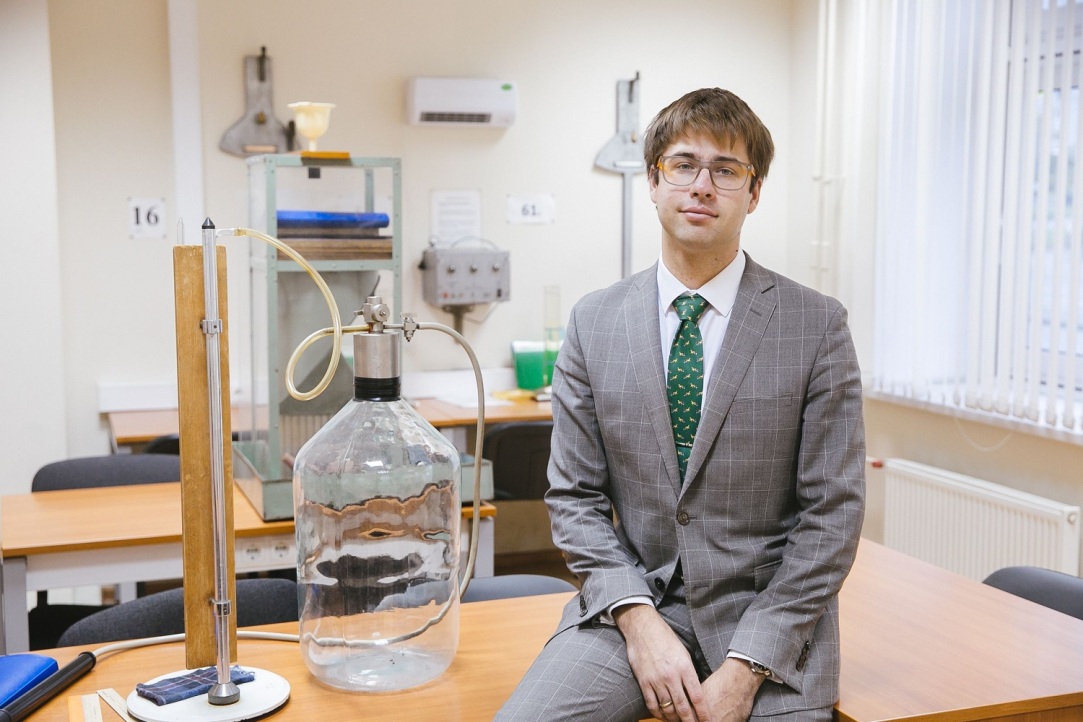
‘I Aspire to Make a Contribution Comparable to Prometheus' Gift to Humanity'
Egor Sedov initially planned to pursue a career in programming but instead became captivated by experimental physics. In this interview with the HSE Young Scientists project, he spoke about the quantum effect and the quantum standard, a scientist's letter from the future, and the magnetic levitation of a frog.
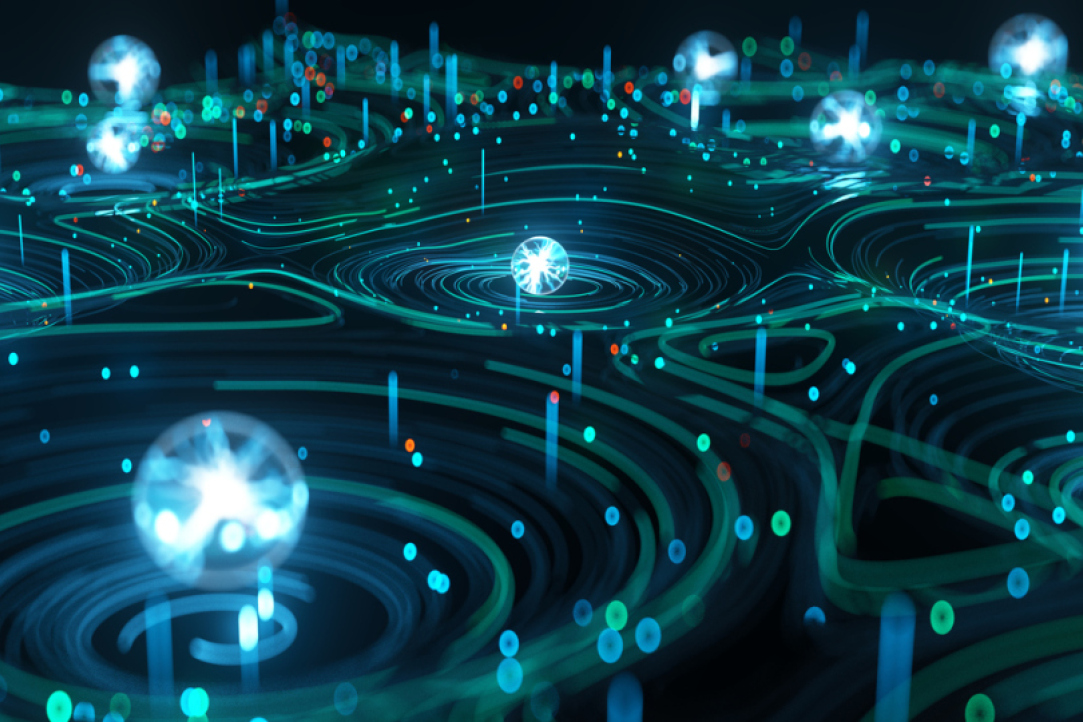
Russian Scientists Pioneer Accurate Mathematical Description of Quantum Dicke Battery
Physicists at HSE University and NUST MISIS have formulated and solved equations for a quantum battery, a device capable of storing energy in the form of light. Their findings will facilitate precise calculations of the capacity, power, and duration required for optimal battery charging. Quantum batteries are expected to improve the performance of solar panels and electric vehicles, while also opening up new avenues for efficient energy transfer. The study has been published in Physical Review A.

Scientists Harness 'Liquid Light' to Induce Electric Current in Superconductors
Scientists at HSE MIEM have induced a superconducting current using 'liquid light,' or excitonic polaritons, which are hybrid particles formed by interaction between light and matter and possess the properties of both light and material particles. The ability to manipulate an electrical system through an optical one can be valuable in the development of technologies such as quantum computers. The study has been published in Physical Review B.
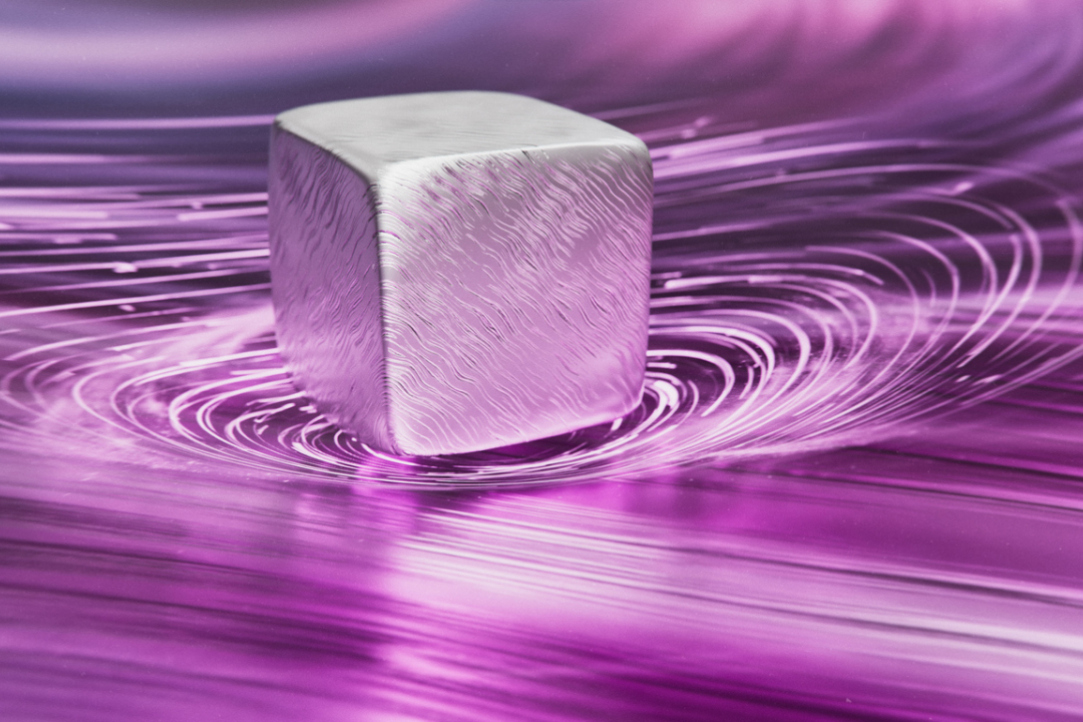
Physicists Explain Transition Between Different Types of Superconductivity
Physicists from HSE MIEM in collaboration with colleagues from MIPT and other universities have formulated a theory capable of explaining the transition between different superconductivity types, revealing an intertype regime characterised by exotic magnetic properties. This discovery can serve as the foundation for the development of sensors with enhanced sensitivity and accuracy, capable of functioning in conditions where traditional sensors are less effective. The study has been published in Communications Physics.
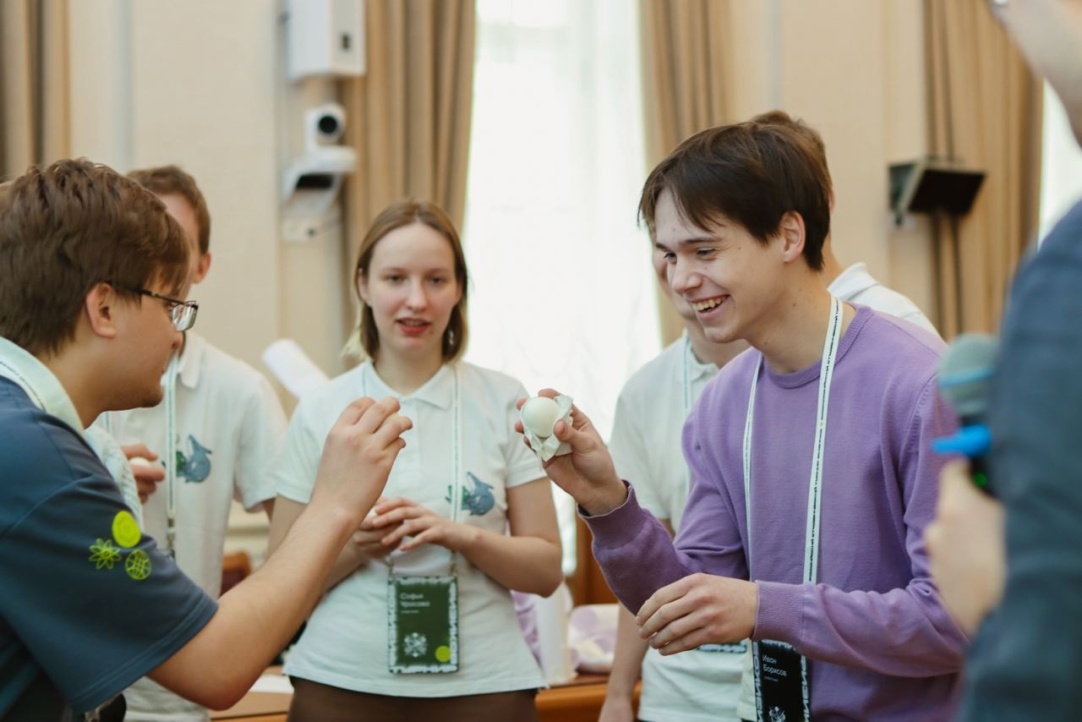
'Unconventional Thinking Can Be Cultivated through Competitions Like Physics Tournaments'
Last week, university students from all over the country came to HSE University for the All-Russian Student's Tournament of Physicists. The tournament took the form of battles in which teams tackled physics problems while taking turns in the roles of speakers, opponents, and reviewers. Based on the competition results, the combined team 'Volume Dependence' emerged as the winner and will participate in the upcoming international tournament in Zurich.
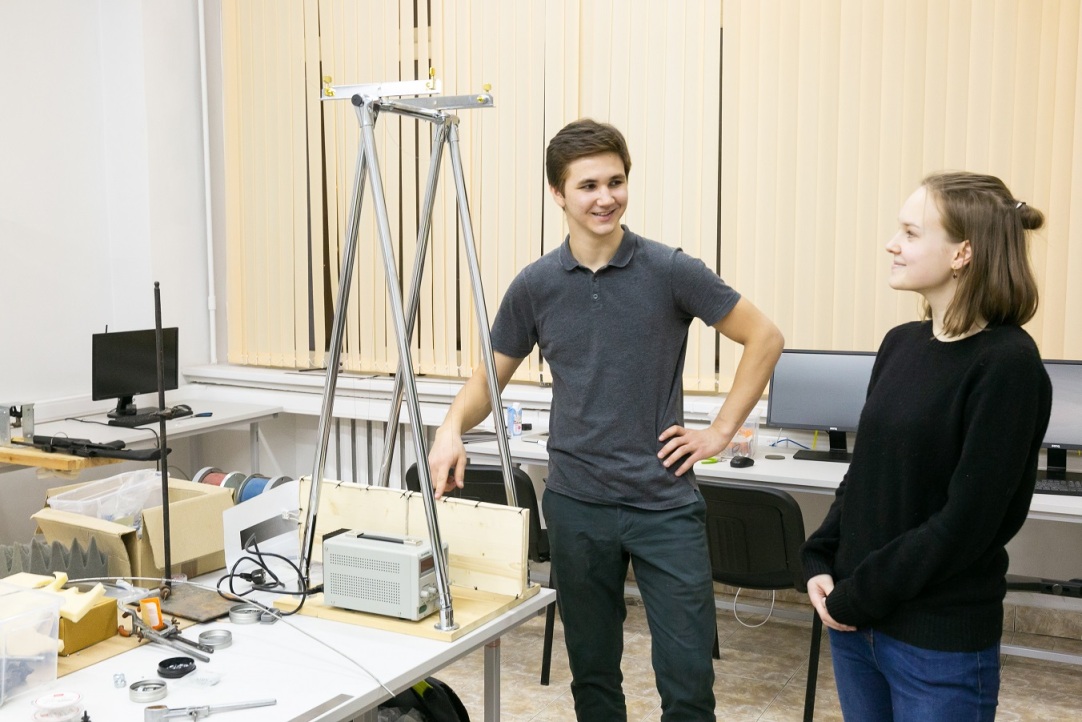
HSE University to Host All-Russian Student's Tournament of Physicists for the First Time
The All-Russian Student's Tournament of Physicists is a competition in which teams of students from different universities offer their solutions to problems and defend them before rival teams. The HSE University Faculty of Physics traditionally participates in the organisation of the competition and task development. This year, on February 13–17, the tournament will be held at HSE University for the first time. It will include two rounds—the qualifiers and the final. In the final round, three teams and their captains will compete with each other.
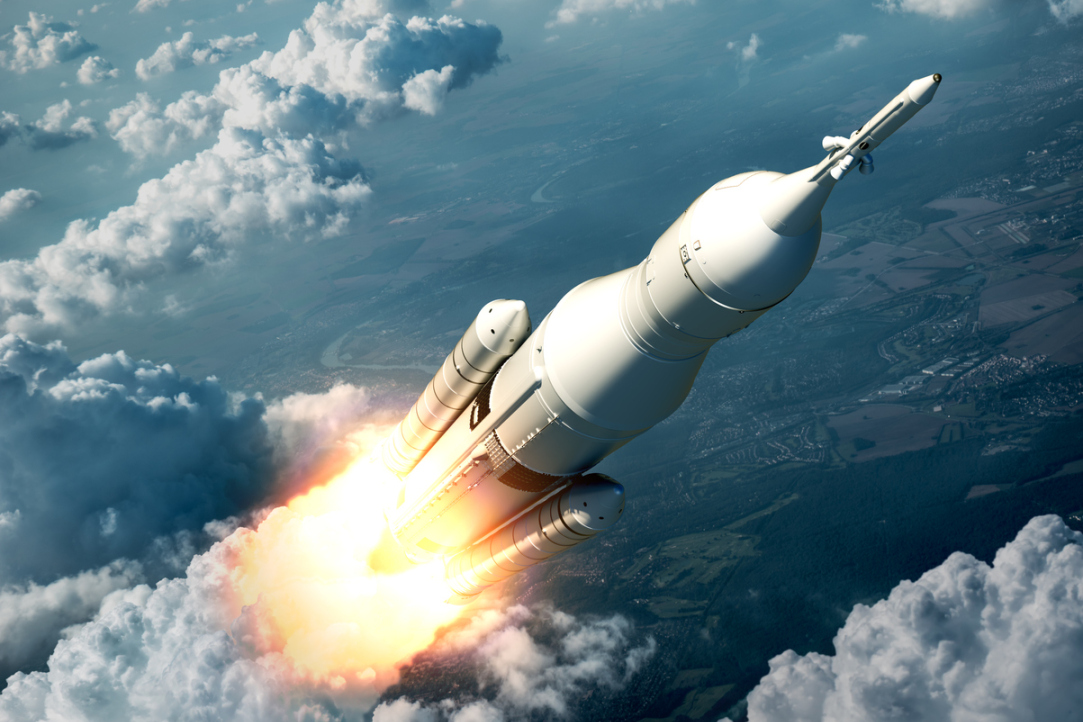
Lavsan and Kapton Tested Under Space-like Radiation Conditions
In a ground-breaking experiment, HSE MIEM researchers subjected Lavsan (polyethylene terepfthalate, polyester) and Kapton (polypiromellitimide, polyimide) polymers, commonly used in space technology, to ionising radiation for durations ranging from microseconds to several hours at temperatures of -170°C and +20°C, while comparing their electrical conductivity under extreme conditions. The study reveals that at -170°C, Kapton's conductivity is ten times lower than at +20°C. These findings can assist engineers in developing more effective protection for spacecraft against static discharges induced by ionising radiation. The study has been published in Journal of Applied Physics.
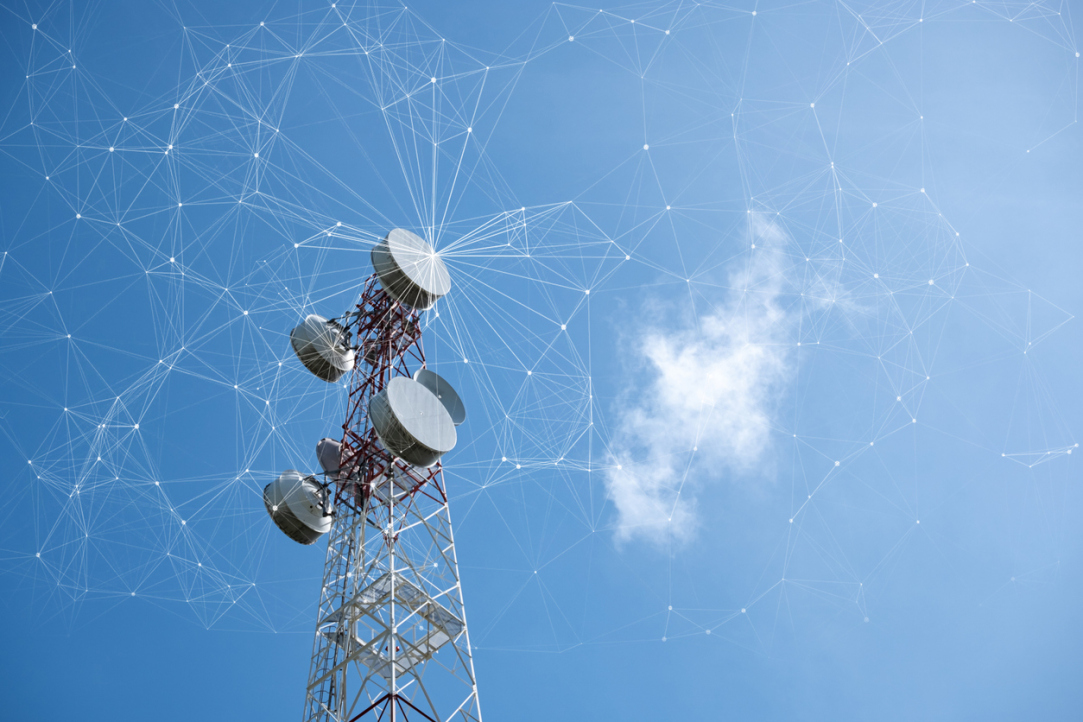
Human Bodies Impede 6G Signal Transmission
A team of researchers, including scientists from HSE University, have investigated the influence of human movement on the propagation of 6G signals. Within a range of up to 10 metres, the signal attenuation is comparatively minor, yet brief connection failures may still occur. Based on the study findings, a blockage detection algorithm has been developed to account for both signal attenuation and interruptions. The gaming industry is likely to derive the greatest benefits from this discovery. A paper with the study findings has been published in Computer Communications.
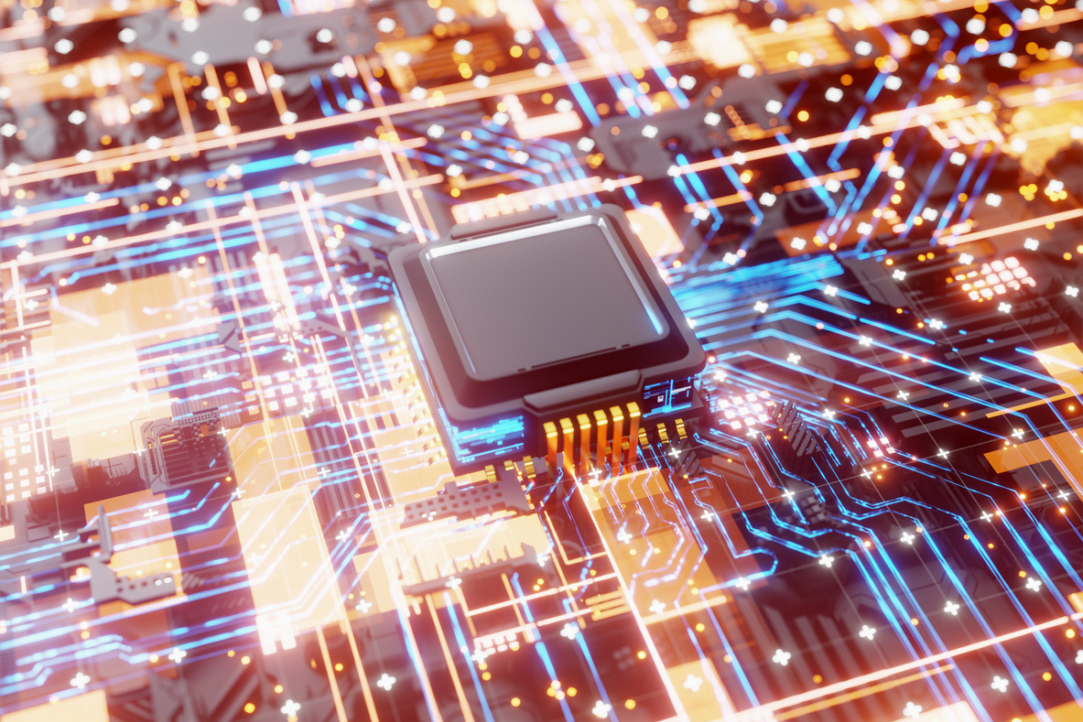
Microlasers with Quantum Dots Remain Functional at Elevated Temperatures
Researchers from the HSE International Laboratory of Quantum Optoelectronics in St Petersburg have explored the impact of resonator size on the operating temperature of a microdisk laser with quantum dots in a two-level generation mode. Their findings reveal that microlasers can produce radiation across multiple frequencies, even under elevated temperatures. In the future, this breakthrough will enable the integration of microlasers into photonic circuits, potentially doubling information transmission capabilities. The study findings have been published in Nanomaterials.
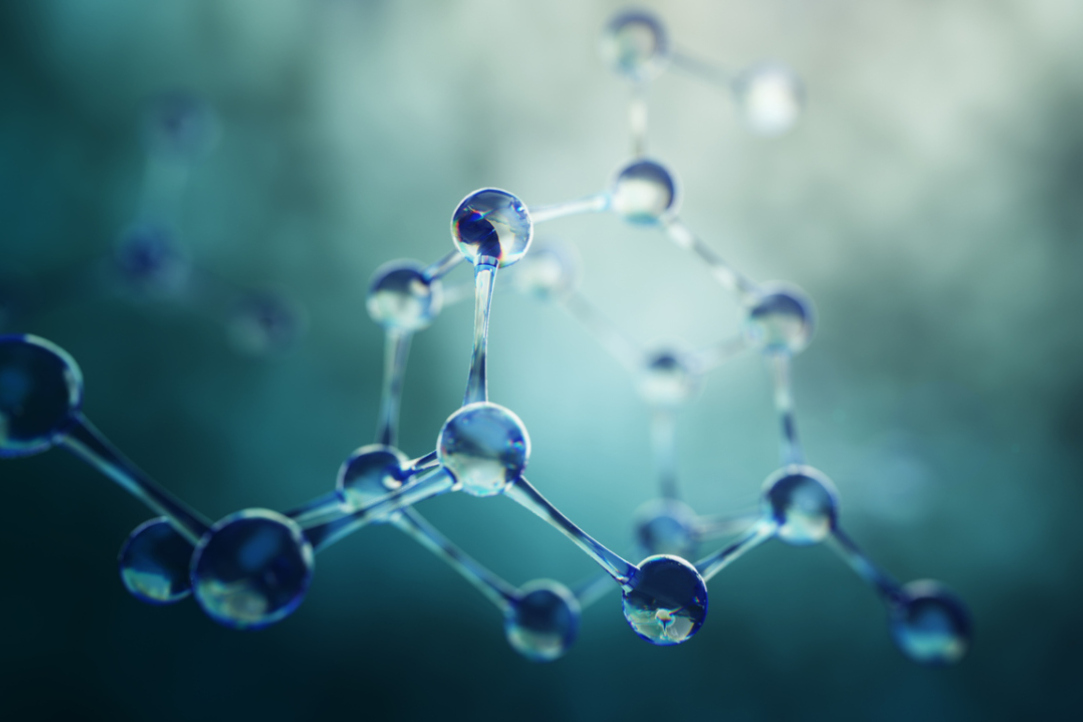
Russian Researchers ‘Peek Inside’ Carbon Nanopores
Researchers from HSE MIEM, in collaboration with colleagues at the RAS Institute of Solution Chemistry, have modelled the behaviour of ionic liquids within charged carbon nanopores ranging in width from 1 to 15 nm and assessed the mobility of both their cations and anions. The scientists observed that an increase in anion size resulted in higher mobility, whereas cations exhibited the opposite trend of reduced mobility with an increase in size. A better understanding of ionic liquids will enhance their use in supercapacitor technology. The study has been published in Journal of Molecular Liquids and supported by a grant from the Russian Science Foundation (RSF).

